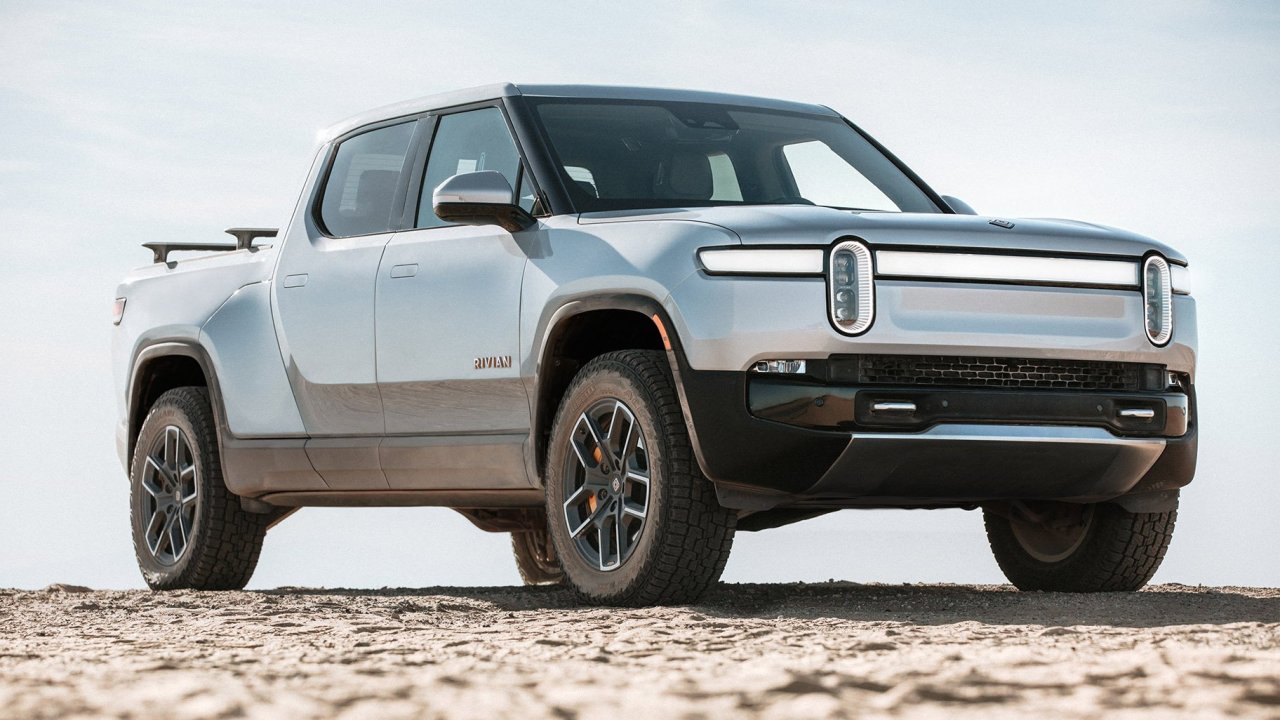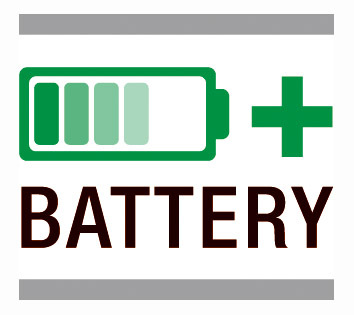[Battery+] Samsung SDI’s premium strategy faces daunting test
By Kim Byung-wookPublished : Jan. 23, 2022 - 16:00

Samsung SDI’s long-held “premium strategy” with high pricing is expected to face a daunting test in its renewed competition with rivals amid ever-evolving market trends.
Until 2020, bringing down the price through scale and manufacturing more powerful batteries were of the utmost priority. However, as the competition heats up with the entry of new players, securing stable profits through partnerships with automakers has emerged as the key trend, which Samsung SDI is refusing to follow.
“From 2022, increasing market share by cutting prices doesn’t work anymore because raw materials prices have gone up. Mid- and long-term strategies through partnerships or joint ventures with carmakers are essential,” said Hwang Sung-hyun, an analyst at Eugene Investment & Securities.
By forming joint ventures, automakers can address supply chain risks, while battery makers avoid cutthroat competition.
Compared to its crosstown rival LG Energy Solution, Samsung SDI has a relatively timid relationship with automakers. The company has formed a joint venture with only Stellantis, while LG Energy Solution has already formed three joint ventures, with General Motors, Hyundai Motor and Stellantis. Two more are reportedly in the works for LG Energy Solution, likely with Honda and Renault.
Price competitiveness
Samsung SDI CEO Choi Yoon-ho, who assumed the post last month, noted in his inaugural speech his goals for the company to become the “true No. 1” based on technology, quality and profitability. But before aiming for such an ambitious goal, Samsung SDI should regain price competitiveness, experts warn.
According to industry data, Samsung SDI batteries cost as much as $180 per kilowatt-hour, which is much more expensive than LG Energy Solution’s $155 per kWh and SK On’s $140 per kWh. The figure is also more expensive than those of Chinese and Japanese rivals -- Japan’s Panasonic and China’s CATL both offer batteries at $140 per kWh.
The higher price stems from Samsung SDI’s “premium strategy” based on quality that refrains from negotiating on price and participating in cutthroat competition.
Until now, Samsung SDI mainly focused on profitability, rather than increasing market share through aggressive expansion. However, the strategy gave room for its rivals to carve out Samsung SDI's market share in recent years.
Batteries account for roughly 40 percent of the total price of an electric vehicle. As automakers strive to cut costs of their electrified vehicles, it remains to be seen whether Samsung SDI‘s premium strategy will hold up.
Product portfolio
As the electric vehicle industry matures, automakers are demanding customized batteries. Despite the diversification movement, Samsung SDI’s product portfolio remains limited compared to its rivals.
At the moment, Samsung SDI offers two types of batteries -- cylindrical and prismatic lithium-ion batteries. The company is also developing manganese-based batteries.
SK On, which only manufactures pouch-type lithium-ion batteries, is undertaking all-out efforts to diversify. The firm is developing two new types of batteries -- prismatic lithium-ion batteries and lithium iron phosphate, or LFP batteries.
LG Energy Solution, as the world’s No. 2 player, offers the most varied options. The firm, which manufactures pouch and cylindrical lithium-ion batteries, is expanding its portfolio at full throttle. Four new batteries are under development -- prismatic lithium-ion batteries, LFP batteries for energy storage systems, manganese-based batteries and midsized and large cylindrical batteries.









![[KH Explains] How should Korea adjust its trade defenses against Chinese EVs?](http://res.heraldm.com/phpwas/restmb_idxmake.php?idx=644&simg=/content/image/2024/04/15/20240415050562_0.jpg&u=20240415144419)










![[Today’s K-pop] Stray Kids to return soon: report](http://res.heraldm.com/phpwas/restmb_idxmake.php?idx=642&simg=/content/image/2024/04/16/20240416050713_0.jpg&u=)